Inside the shutdown of Quest University
How faculty and students are faring after the private university in Squamish, B.C., suspended operations earlier this year.
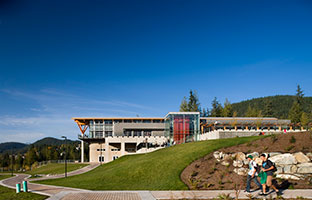
On the final Thursday in February this past winter, Jeff Warren arrived at Quest University with a message that many in the campus community had been anticipating for a while: the university would be indefinitely suspending operations by the end of April.
“There’s disappointment,” said Dr. Warren, who was then Quest’s vice-president, academic. “But I wouldn’t say it was a shock.”
The decision made by Quest’s board of governors ended a 16-year run for the private, not-for-profit postsecondary institution in Squamish, B.C.
But news about the Quest’s precarious financial situation had been making headlines for years.
The school had quarrels with the District of Squamish and former staff, and had only recently come out from the financial protection it had sought in 2020 with more than $27 million in debts at the time.
“It was always a low-grade stress in the background,” said one former Quest faculty member who requested anonymity as they search for new employment opportunities.
“Once it was over, I felt really relieved.”
Asia Matthews taught mathematics for five years at Quest and wasn’t caught off guard by the announcement. “It was always a possibility,” she said. “So I wasn’t surprised.”
Dr. Warren, who also taught music and philosophy at Quest for a decade, stepped into the vice-president role in January 2020 following the departure of a colleague. He said he took on the position at a challenging time for the university despite the hurdles he saw on the horizon.
A short history of Quest
Quest opened in 2007 and billed itself as the first private, non-profit, secular liberal arts university in Canada. David Strangway, who had served as president at the University of Toronto and the University of British Columbia, founded the new institution to teach undergraduate education through a block-based system. Through this approach, students take one course at a time every day for about a month as opposed to multiple courses in a term.
Eric Gorham was a founding member of Quest’s faculty who helped develop the block program before he retired in 2021. In an interview with University Affairs, he said the idea was to create more of a “leadership training academy” that focused on critical thinking and verbal expression skills.
But finding funds to keep the university going was always a source of difficulty, he added. As the school received no government funding and relied on philanthropic donations, many faculty members came up with creative ways to help make ends meet. Some, he noted, helped to book the campus for film shoots, while others travelled to the U.S. to recruit students.
Students from over 40 countries attended Quest in 2021, according to a university booklet published that year. Quest’s website lists recent tuition fees at $38,000 a year for international students and $23,000 for domestic students (until the 2022 school year, all students paid the same tuition rate). Sill, revenues from tuition were not enough to fill the funding gap.
“It was a ‘build it and they will come’ approach,” Dr. Warren said of Quest’s founding. “What’s not talked about in that Field of Dreams model is the ongoing costs to maintain the thing you’ve built until there’s enough people there.”
Problems quickly arise
Only a decade in, serious cracks began to appear in Quest’s operations and facilities management.
In 2017, Quest sued the District of Squamish over a dispute about development charges. Three years later, the Vanchorverve Foundation – Quest’s biggest lender – called in a loan worth roughly $23 million which forced the school to seek financial protection under the Companies’ Creditors Arrangement Act (CCAA).
In December 2020, Quest sold its campus to Primacorp Ventures, a private Canadian provider of postsecondary education and services, to pay off its debts. Primacorp, which still owns the land, then leased the campus back to Quest. Dr. Warren said the school also took out a line of credit with Primacorp in order to remain operational. Both of those transactions were conditional on Primacorp acting as the sole recruiter and marketer for Quest.
Near its peak, Quest had about 550 students registered in 2013. Heading into 2023, enrollment was less than 150.
The decline of campus culture
Illiana Dempsey-Hewett moved from Toronto to start classes at Quest in 2021. This fall, she will transfer to Prescott College in Arizona. Ms. Dempsey-Hewett had just finished her second year of undergrad when the board of governors’ decision came down. Although she hadn’t been there long, she said that upper-year students had reported a shift in the atmosphere on campus in the past year or two. With fewer students and faculty on campus, the number of courses and clubs declined.
“Quest was in this [troubled] spot,” she said. “It was a new Quest, a Quest I absolutely loved, but it still wasn’t the same.”
Faculty reported experiencing a similar decline in the work environment.
Stewart Prest was hired as a full-time political science instructor last summer. It was the kind of permanent job he had longed for while working as a sessional instructor at other institutions for years. Less than six months later, in December, Quest was warning the community about its murky financial trajectory heading into 2023.
“It was very stressful, in some ways for other people more than me because I was so fresh,” Dr. Prest said. “People were looking for ways to manage that stress and I think it led to a general withdrawal from the community.”
“It’s existential stress every day,” Dr. Warren added. “If I didn’t think the place was valuable enough to try and save or extend, then I would have been out of there.”
What’s next
According to Ms. Dempsey-Hewett and Dr. Warren, many former Quest students are transferring to Prescott College. Closer to home, the University of Victoria and UBC reported a small number of applications from Quest students –15 to 20 have enrolled at UVic and 12 have applied to UBC.
Meanwhile, Quest’s former faculty members are also figuring out their next moves. Some are considering other academic positions, Dr. Warren said, and others are prioritizing staying in Squamish, or looking for work outside of academia.
Dr. Matthews, who moved to Powell River, B.C. during the pandemic, is uncertain about whether she’ll teach in higher education again. For the past couple of years as a math instructor at Quest, she commuted to Squamish and lived there for a month at a time while her course was in session. Although she enjoyed immersing herself in her work, Dr. Matthews said she missed her family.
“I didn’t know how much longer I wanted to do this,” she said. “The universe decided for me.”
Dr. Prest now has a new permanent teaching position at a Vancouver-based intuition, while Dr. Warren now serves as dean of liberal arts at Yorkville University, a private, hybrid university in Canada.
Dr. Warren, who remained in his role at Quest until July, spoke with UA shortly after departing the university. He said at the time of his departure that the beleaguered university had retained a board of governors and three employees, including president and vice-chancellor Arthur Coren, who declined an interview request.
On Aug. 9, CTV News reported that Capilano University will buy a portion of Quest’s Squamish campus. A week later, on Aug. 16, Capilano U announced it had purchased an “18-acre purpose-built campus” in Squamish from Primacorp with $48 million in provincial funding. The university, based in North Vancouver, will use the site to expand further into the Sea-to-Sky region and expects to welcome students to the new campus as early as fall 2024.
Despite the complications that Quest continues to face, Dr. Warren said those who remain at the institution are hopeful it could reopen one day.
“The aim for the university is to enter this period of dormancy and think about other supporters, groups of investors that might help the university come back,” Dr. Warren said. “It’s unclear what the timeline will look like.”
Dr. Matthews, however, is skeptical. “Every type of university, in theory, should be able to work,” she said. “But I think the Canadian system is not set up well to support institutions that are not government supported.”
Editor’s note: This story was updated to include new information about Capilano University’s purchase of the Squamish campus.
Featured Jobs
- Director of the McGill University Division of Orthopedic Surgery and Director of the Division of Orthopedic Surgery, McGill University Health Centre (MUHC) McGill University
- Anthropology of Infrastructures - Faculty PositionUniversité Laval
- Canada Impact+ Research ChairInstitut national de la recherche scientifique (INRS)
- Soil Physics - Assistant ProfessorUniversity of Saskatchewan
- Engineering - Assistant Professor, Teaching-Focused (Surface and Underground Mining)Queen's University



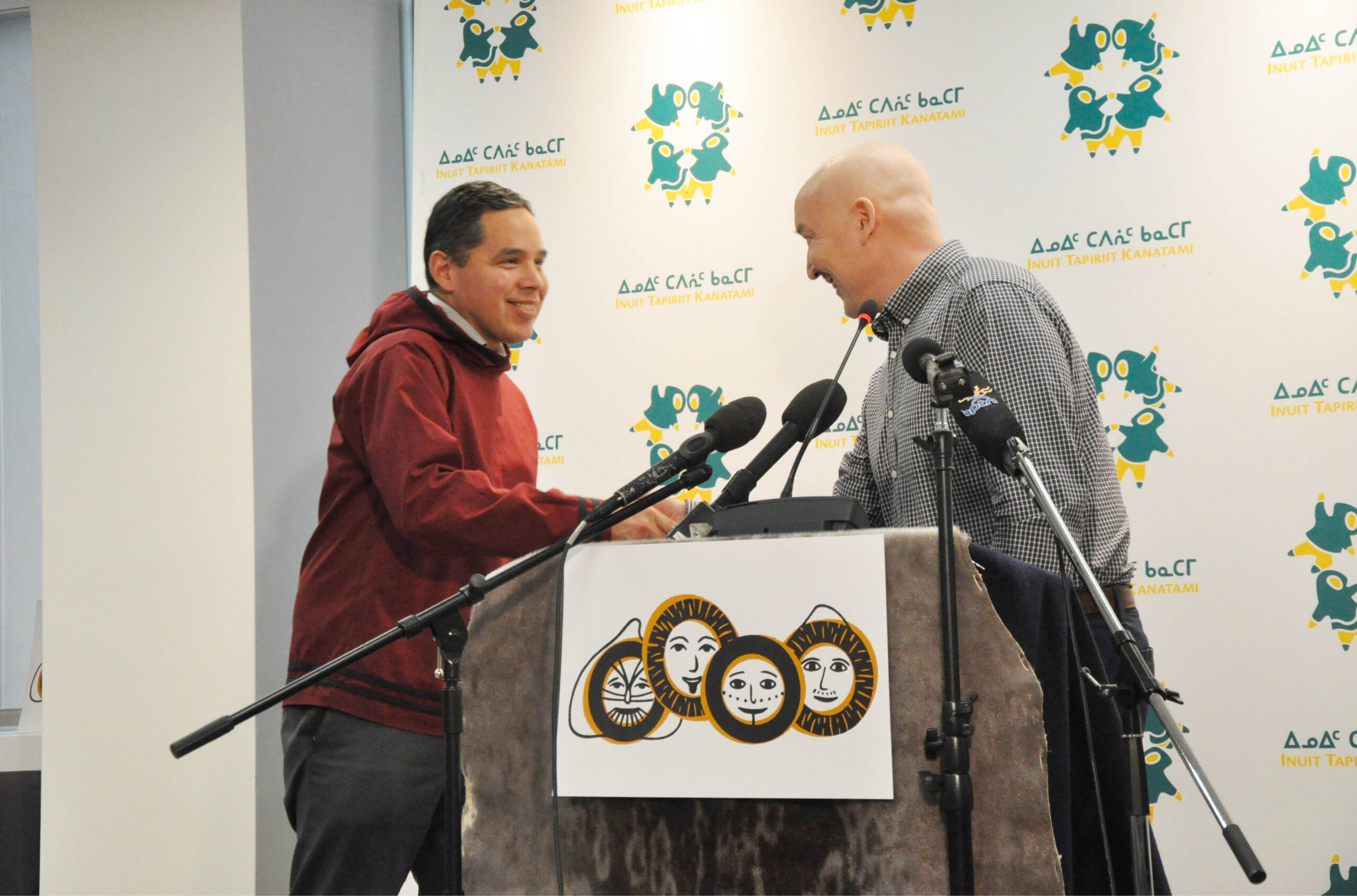


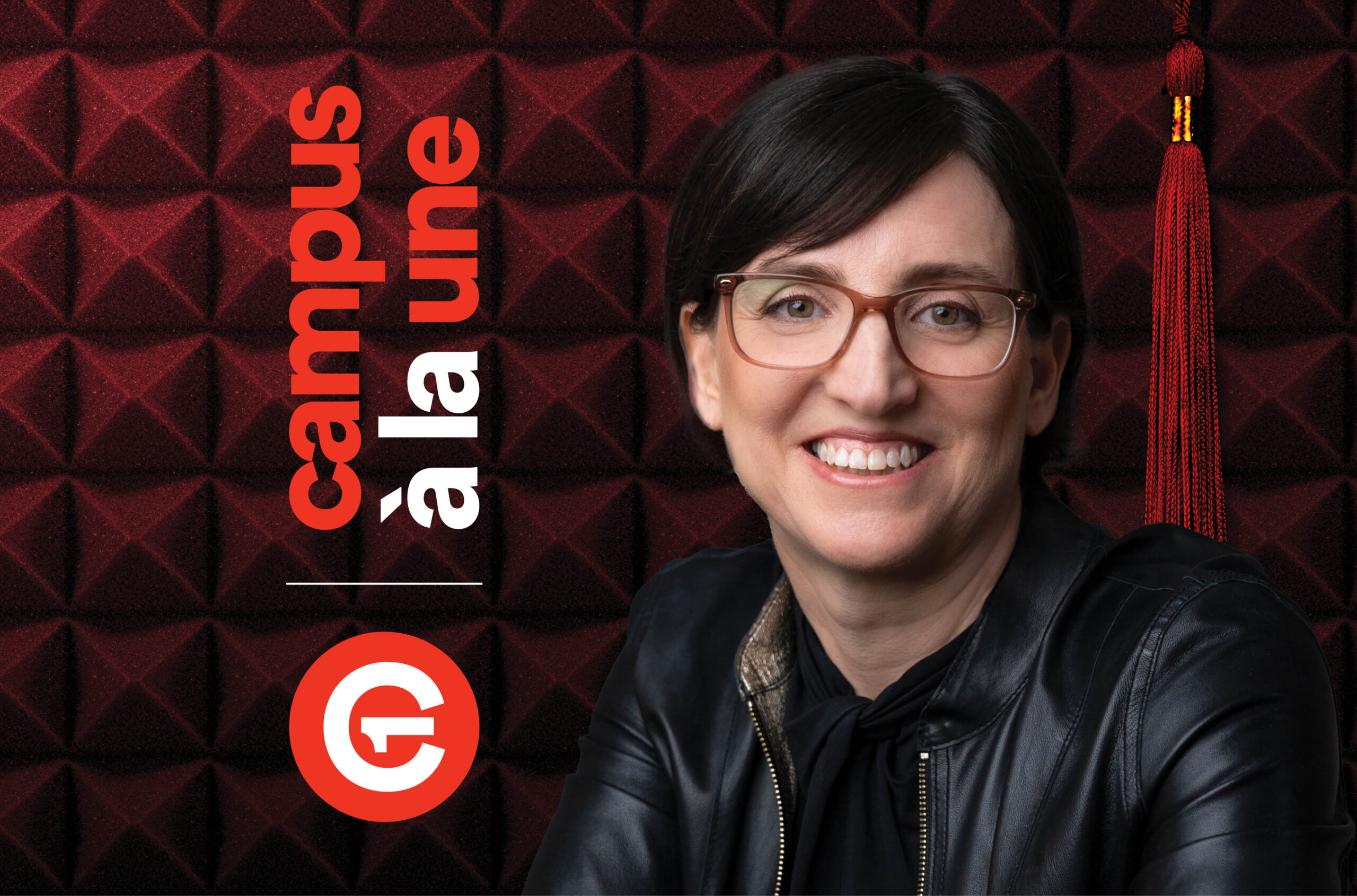
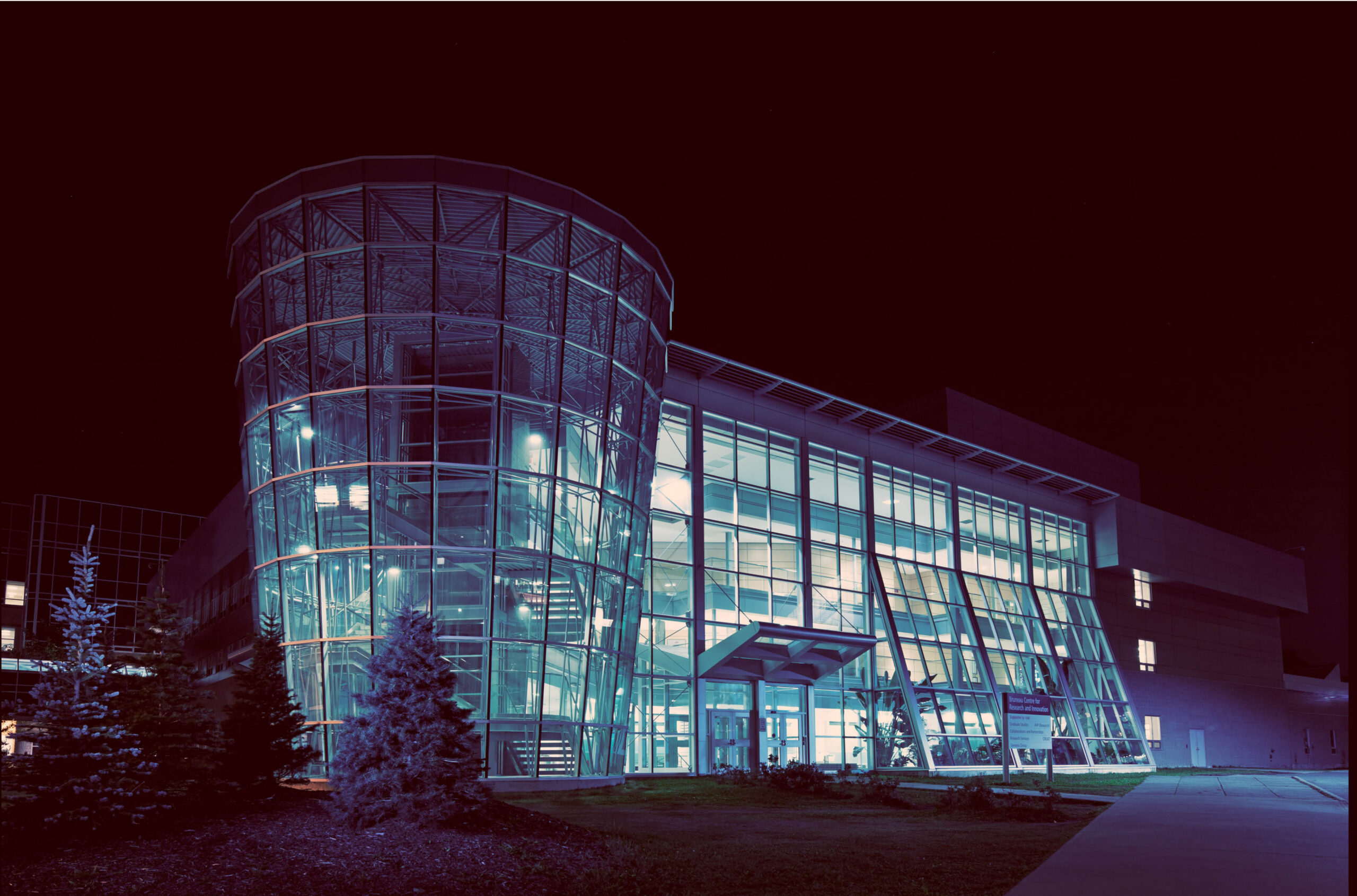

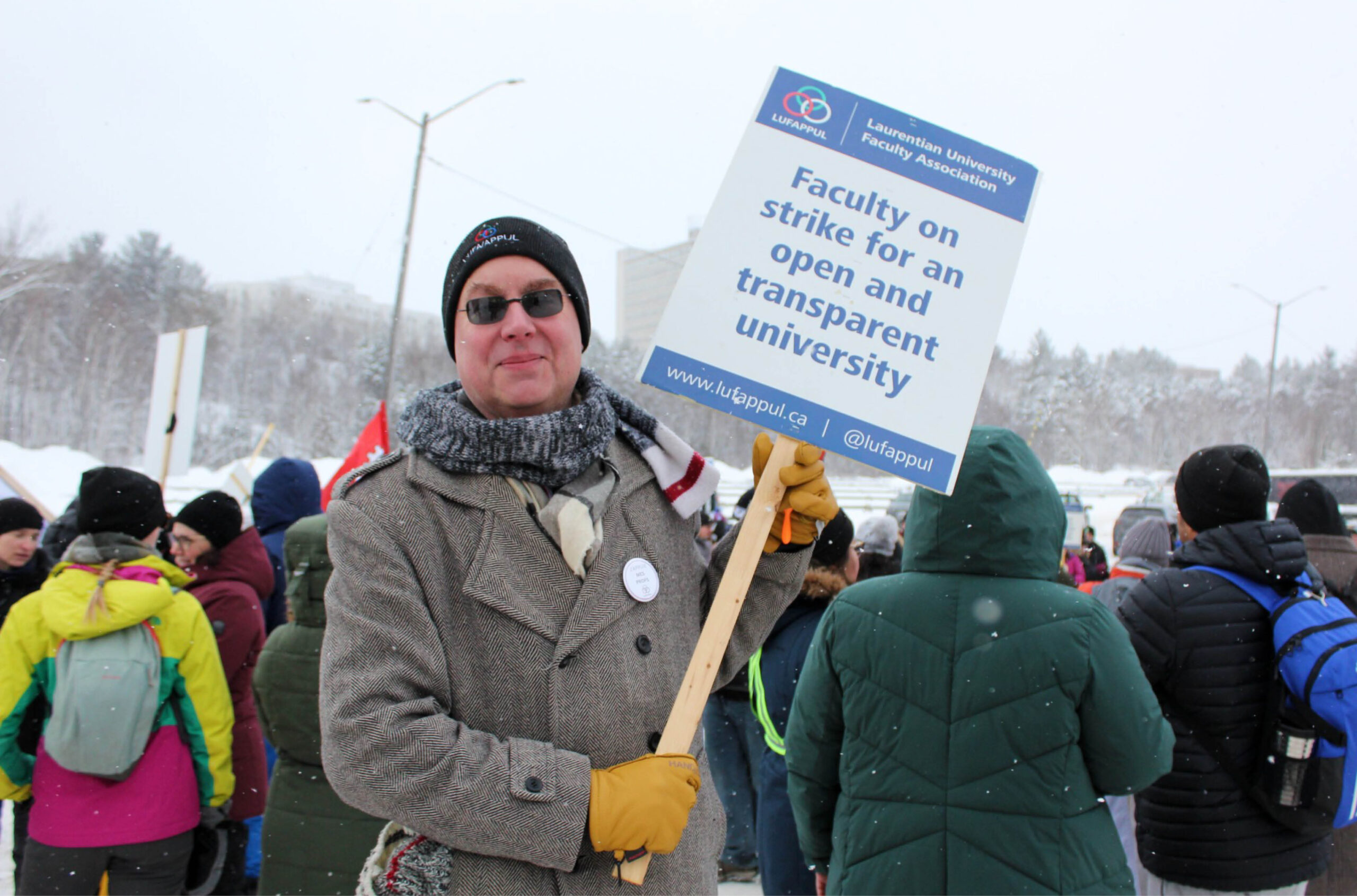
Post a comment
University Affairs moderates all comments according to the following guidelines. If approved, comments generally appear within one business day. We may republish particularly insightful remarks in our print edition or elsewhere.
1 Comments
I lived, studied and worked at Quest for 10 years. Words strain to express the grief we experienced over the past few years struggling to support our operations. More than a home, everyone at Quest shared a vision of excellence in undergraduate education. A vision which was affirmed with every minute of class time and chats with faculty. My only hope is that we all try to preserve the best of what we have accomplished there. I do hope Quest will rise again, and I do hope that the government continues to investigate the dubious financial arrangements which handicapped us from the beginning. Stay sproutin’ Quest and question everything.